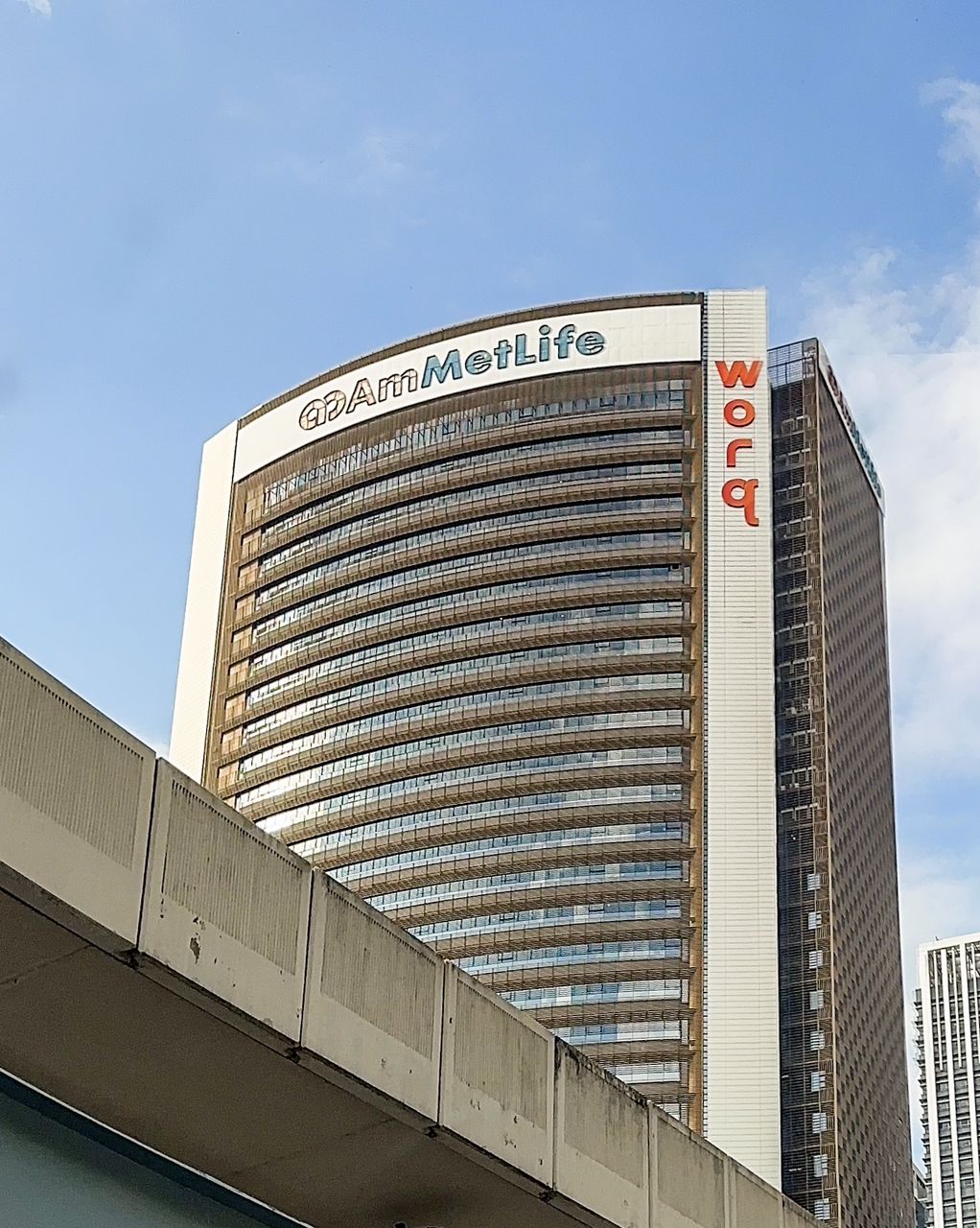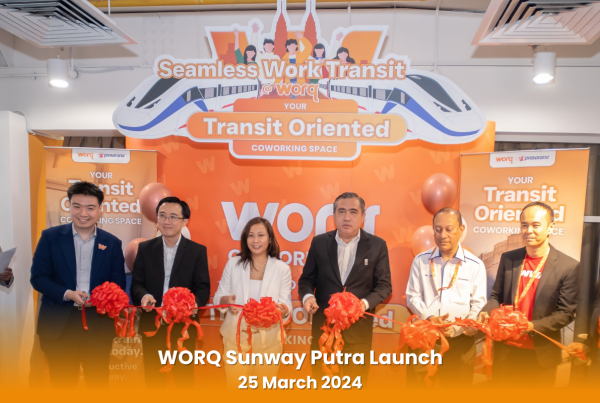The way we work is undergoing a significant transformation. Sustainability is no longer a fringe concern; it’s a core value shaping business decisions across industries. This shift is particularly evident in the realm of office space, where the traditional, single-occupancy model is facing a green revolution – the rise of sustainable coworking spaces.
The Driving Forces Behind Sustainable Workplaces
A recent report by JLL, titled “Asia’s Decade of Action: Accelerating the Transition to Sustainable Workplaces,” predicts a doubling demand for sustainable workplaces in Asia Pacific by 2030. This surge underscores a growing global commitment to environmental responsibility within the business community.
Furthermore, the rise of hybrid work models has fuelled the demand for flexible workspace solutions. JLL, a global real estate services firm, reports that 2.5% of Grade A office space in the Asia Pacific region is now occupied by flexible space operators. Businesses are increasingly seeking cost-effective solutions that support hybrid working arrangements, allowing employees to split their time between home and the office.
“Stronger economic headwinds and evolving market dynamics are fuelling the shift towards flexible spaces. More Asia Pacific businesses are incorporating hybrid work models and flexible space options into their real estate portfolios. The pandemic accelerated the trend for companies to offer greater employee flexibility, including hybrid work styles. Coworking spaces are seen as an effective solution for this growing need,” explains Yulia Nikulicheva, Head of Research and Consultancy at JLL.
Real Estate Agents: A Key Player in the Green Revolution
Choosing a sustainable coworking space offers a multitude of benefits for businesses and employees:
- Reduced Carbon Footprint: By promoting public transportation and resource efficiency, sustainable coworking spaces contribute to a lower carbon footprint for businesses and individuals.
- Enhanced Employee Well-being: Sustainable design elements, such as access to natural light and improved air quality, contribute to a more comfortable and productive work environment for employees.
- Alignment with ESG Goals: By choosing a sustainable coworking space, businesses can demonstrate their commitment to Environmental, Social, and Governance (ESG) principles, attracting environmentally conscious clients and talent.
How Coworking Spaces are Redefining the Landscape
Traditional office spaces are often criticised for their underutilised space and resource inefficiency. Coworking spaces, on the other hand, promote a sharing economy, reducing the need for duplicated office equipment and supplies. They also offer businesses the flexibility to scale their space requirements, minimising unused square footage and associated energy consumption.
Imagine a workday where your commute is a breeze on public transport, bathed in natural light, and surrounded by colleagues who share your values. That’s the experience WORQ, a coworking space provider in Malaysia, is striving to create.
“We want to make commuting easier by connecting people directly to Klang Valley’s public transport network. It’s like having a network of flexible offices at your fingertips, preparing us for a future where hybrid work is the norm,” stresses Stephanie Ping, CEO and co-founder of WORQ. This approach not only benefits the environment by reducing reliance on cars but also allows for a more relaxed and productive start to the workday.
WORQ: A Sustainable Coworking Space
WORQ isn’t your typical office environment. Here’s how they prioritise sustainability and collaboration:
- Effortless commutes: We prioritise Transit-Oriented Development (TOD) by strategically placing our locations near public transport hubs. This creates a seamless connection, minimising travel time and maximising efficiency for employees. Imagine a network of flexible offices accessible by public transport – that’s the convenience WORQ offers its members.
- LEED-Certified Buildings: Many of our locations, like Menara 1 Sentrum, are LEED-certified buildings, meaning they’re not just stylish but also environmentally responsible. These buildings feature improved air quality and natural light, contributing to both the planet and employee well-being.
- Upcycled Materials: WORQ demonstrates a deep commitment to resource conservation by incorporating high-quality, unused construction materials in their coworking spaces. They collaborate with HOMA2U, a platform that offers building materials and home finishing products at bargain prices with a focus on sustainability. This approach minimises waste and promotes a circular economy.
The Future of Work: Green and Collaborative
The rise of sustainable coworking spaces represents a significant shift in the way we think about work. It’s a move towards a future that is not only environmentally conscious but also fosters collaboration and innovation. By embracing sustainable practices and partnering with leading coworking space providers, real estate agents in Malaysia can position themselves at the forefront of this green revolution and help businesses build a more sustainable future of work.




